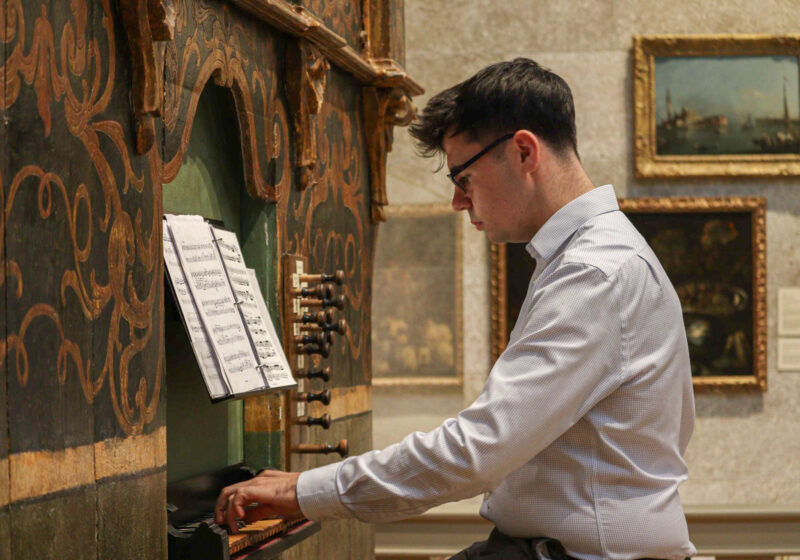In 2004, the San Francisco Chronicle published a series of articles by two of its writers on the steroid scandal involving Barry Bonds and the Bay Area Laboratory Co-Operative, more widely known as BALCO. The articles contained leaked grand jury testimony from high profile athletes concerning their experiences with illegal steroids. The writers of these articles, Mark Fainaru-Wada and Lance Williams, kept the source of the leak anonymous.
Earlier this year, U.S. District Court Judge Jeffery White ordered the two men to reveal the name of their source. The writers refused, and on Sept. 21, were ordered to spend up to 18 months in jail, pending an appeal. This series of events reveals a major problem in our legal system, one that must be changed lest we risk the existance of investigative journalism.
First, let me make it clear that I do not condone the actions of the unnamed source. This man or woman committed a federal crime and violated the trust of every person in that investigation. When he or she is caught, I will applaud a swift and severe punishment.
It is not in the best interest of our nation, however, to force the writers to reveal their source. Historically, journalists have been protected from revealing sources used in their writing. The reason for this deference is that a free press is key to keeping citizens informed. While it is clear that many media outlets are hardly impartial in this day and age, it is and always will be advantageous to have news sources independent of government.
I understand that many people believe this is a special case because the source broke the law. If we draw a line here, however, how will we decide what is grounds for forcing a journalist to give up his source? Only when the source broke the law, or when a human life is at stake, or when there is a chance the source could help an investigation? Eventually it will be impossible to protect any source and in turn, no one will talk to the press for fear of being unjustly scrutinized. When this becomes the case, investigative journalism will collapse.
On the other end of the spectrum, if a law is passed that will protect journalists from being forced to reveal their sources, the grand jury system will not collapse. While it may become more lucrative to leak testimony, it would not prevent law enforcement from investigating the leak and finding the person at fault. While such a law would not be the perfect scenario, it is worlds better than the alternative.
Judge White said that his hands were tied by a 1972 Supreme Court ruling. He is bound to uphold the law in place and thus he should not be seen as the one at fault in this matter. However, these men will now most likely spend 18 months away from their families for keeping their promises and upholding journalistic ideals.
A bill is currently being drafted in both houses of Congress that would protect journalists from being forced to give up their sources. If current events are any indication, it may be the only chance to prevent irreparable damage to our free press.
Moeller can be reached at moeller@campustimes.org.




